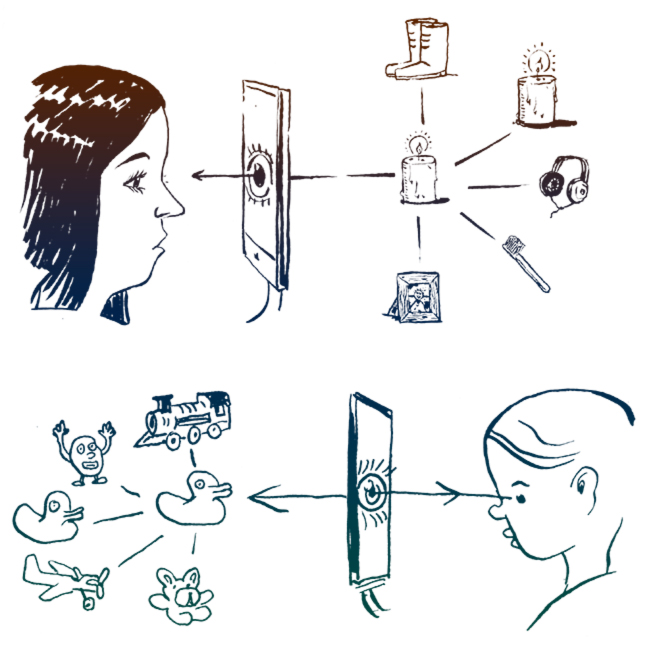ZEITGUIDE to Social Media’s Other Problem

Revelations of Facebook user data being exploited in the 2016 election has #DeleteFacebook trending, and are providing fresh ammunition for arguments against social media. Beyond data and privacy concerns, here’s another key thing to consider at the heart of this issue: Is using social media any good for anyone, especially the kids who’ve grown up with it?
For Gen Z’s, or “iGens,” hanging out with friends in real life has increasingly been replaced by an online existence. Less me time, more meme time comes with strong, negative implications for today’s youth.
— Heightened social media use can breed isolation, cyberbullying and sleep deprivation. A November 2017 peer-reviewed study published in Clinical Psychological Science found that teens who spent more time on new media (such as social media or smartphones) were more likely to report mental health issues. The same study drew a connection between a rise in teen suicides between 2010 and 2015 and the growth in new media use.
— A just-published study from researchers at the University of Essex describes a link between greater use of social media by adolescents and poorer mental well-being. This relationship is stronger in girls who use it more.
— It also makes kids less likely to be kids. Teens today are less likely to drink or become pregnant than they were in the past, but they are also less likely to date, get a driver’s license or hold a job.
But as with most things, we may not be giving kids enough credit when it comes to their awareness and acknowledgment of these issues. A December 2017 Hill Holliday survey found 58% of young adults, ages 18-24, are “seeking relief from social media.” That could mean taking a temporary break, or deleting at least one of their social media accounts, as 34% have reported doing.
Growing up with social media, then, might mean a generation better equipped to manage their use of it. That’s something Gen Xers have struggled with: a Nielsen report from last year revealed adults 35 to 49 spend more time on social media than those 18 to 34. The term nomophobia, the anxiety of being without a phone, is even now in the public lexicon, and for good reason. The average person touches her or his mobile phone 2,000 times a day.
Gen Z’s are also finding ways to use social platforms for good. Because they’ve been raised with smartphones, Amazon Prime, Netflix and all the other trappings of digital technology, no generation has a greater demand for immediacy. That sense of demand is now emerging as a political force, especially with the gun control debate. #NeverAgain and the school walkouts to protest the issue on March 14th were made possible by the social media acuity of this generation.
A force for good, or just a way to steal our attention and data? It’s hard to settle on just what the cumulative effect of social media will be given we’re in unchartered waters. But as the first generation to grow up with social media, and knowing firsthand its benefits and drawbacks, perhaps Gen Z is positioned to make the best use of it.
Want to learn more about ongoing business and cultural transformation?
#GetSmartQuick with ZEITGUIDE 2018.
Inquire about our custom offerings.
Sign up to receive our weekly newsletter.
